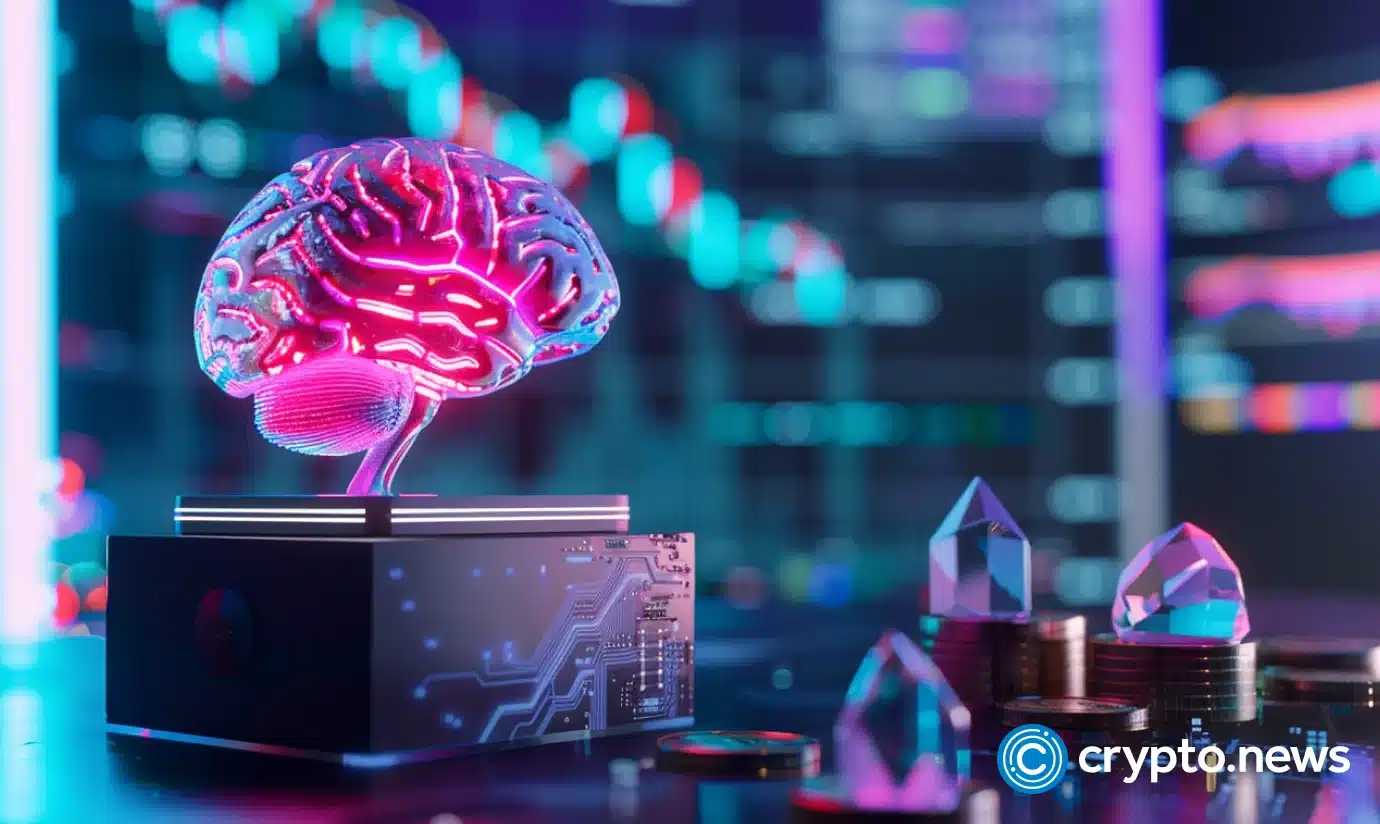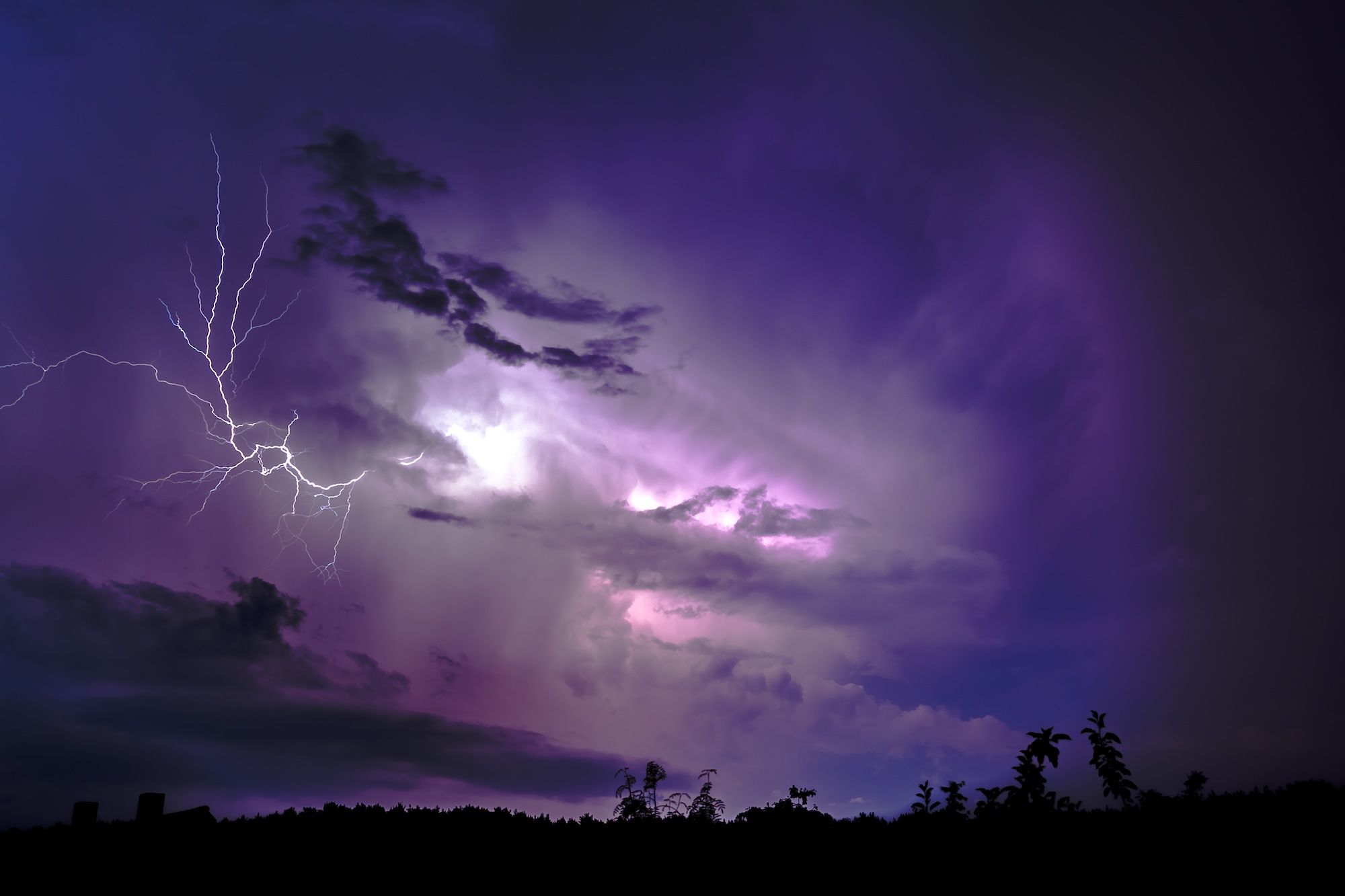In Web3 we need to stop thinking in terms of products, and start thinking in terms of economies, because a Web3 startup does not generate sales from selling products and services, it generates revenue from… (read the full article to find out what it is).
In this article, I would like to elaborate on four main topics that are deeply connected to each other:
1) Digital connection, reputation, and ownership
2) Blockchain in simple words
3) Middleman companies and trust
4) Web2 vs Web3 companies
But first, let me start with an introduction:
We spend easily about 50% of our time awake looking at digital screens. The physical world and the digital world are melting together more and more. Although people try to actively reduce screen time, the reality is that even with less screen time, we will be even more dependent and connected to the digital world. This trend is growing, has been growing, and will be growing for a long time.
Whatever we do on the internet and whatever we post, we are creating something I call a digital reputation. We are leaving behind a digital trail.
In Airbnb, your digital reputation is what people actually trust when they decide to host you. The consequences of bad reviews might be that you are not even allowed to stay.
Your digital reputation can get you a date, but more drastically, it can fail a potential date before it starts. Who can resist the temptation of quickly scrolling through the public information and images of the other person?
A solid digital reputation is also what might land you a well-paying job, assuming the human resources department successfully checks your public social media channels and doesn’t find a red flag during the deep dive into the Google search results.
Over the last two decades, we all have been building a reputation in the digital world, whether we wanted it or not. We are constantly making more connections with people, companies, and to so-called online knowledge sources.
Imagine you meet a new person in a co-working space, during a business event, or anywhere in your life. You meet him physically, shake hands, and then exchange the contact details for the digital connection. But more importantly, right after you separate again, you will probably take a quick look at his profiles, his LinkedIn, Facebook, and google his name.
Your digital identity, your digital data, and even more important, your digital reputation is slowly becoming more important to you than your physical one.
But ask yourself, when everything depends on your digital reputation and your online connections, the one question you need to ask yourself is: who owns it?
An average internet user has 150 different accounts. Yet, you own none of the data. Even with GDPR, the general data protection regulation from the EU, you still own none of the data.
Now it is time for a thought experiment: Imagine you lose access to your water supply in your house. Most likely you will buy some water elsewhere, get it fixed, and continue with your life. What about when your power connection breaks down? Same story, eventually, you will somehow get it fixed and then just continue with your life. But what about if you lose your digital reputation and all your online connections? The reality would be devastating. You will almost need to rebuild 20 years of the reputation you created over that time and will have to make all the connections once again.
All the creative content you created over the years: lost.
All the followers and subscribers: gone forever.
It is one big illusion that we are in control of our digital life.

Who owns you when you’re logged into your computer? Who owns your data when you are building your reputation online and connecting to all the interesting people, companies, profiles, blogs, and knowledge sources?
If you spend half of your life in the digital world, but you don’t own what you have built on the internet over all the years, then half of your life is not yours.
This is happening because in today’s world all…
Read More: medium.com









 Bitcoin
Bitcoin  Ethereum
Ethereum  XRP
XRP  Tether
Tether  Solana
Solana  Dogecoin
Dogecoin  USDC
USDC  Cardano
Cardano  Lido Staked Ether
Lido Staked Ether  TRON
TRON  Avalanche
Avalanche  Sui
Sui  Toncoin
Toncoin  Wrapped stETH
Wrapped stETH  Stellar
Stellar  Shiba Inu
Shiba Inu  Chainlink
Chainlink  Wrapped Bitcoin
Wrapped Bitcoin  Hedera
Hedera  Polkadot
Polkadot  WETH
WETH  Bitcoin Cash
Bitcoin Cash  LEO Token
LEO Token  Uniswap
Uniswap  Litecoin
Litecoin  Pepe
Pepe  Hyperliquid
Hyperliquid  Wrapped eETH
Wrapped eETH  NEAR Protocol
NEAR Protocol  USDS
USDS  Ethena USDe
Ethena USDe  Aptos
Aptos  Internet Computer
Internet Computer  Aave
Aave  Mantle
Mantle  Cronos
Cronos  POL (ex-MATIC)
POL (ex-MATIC)  Ethereum Classic
Ethereum Classic  MANTRA
MANTRA  Render
Render  Monero
Monero  Bittensor
Bittensor  Tokenize Xchange
Tokenize Xchange  Artificial Superintelligence Alliance
Artificial Superintelligence Alliance  Dai
Dai  Filecoin
Filecoin  Arbitrum
Arbitrum